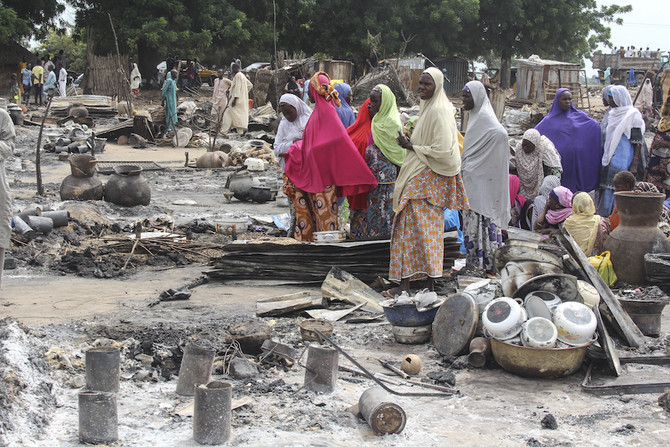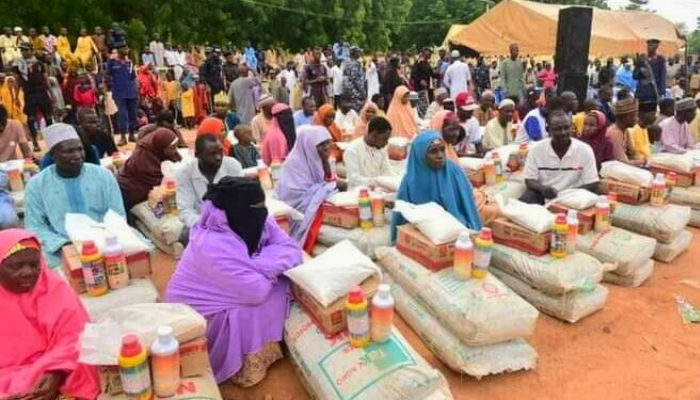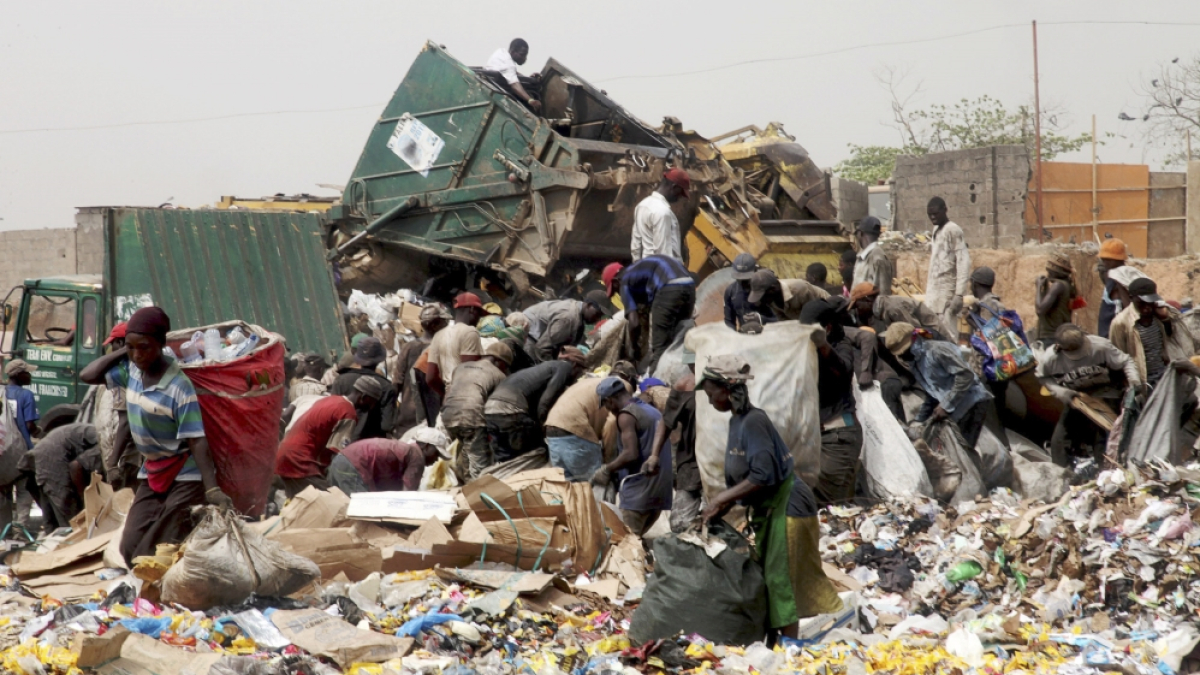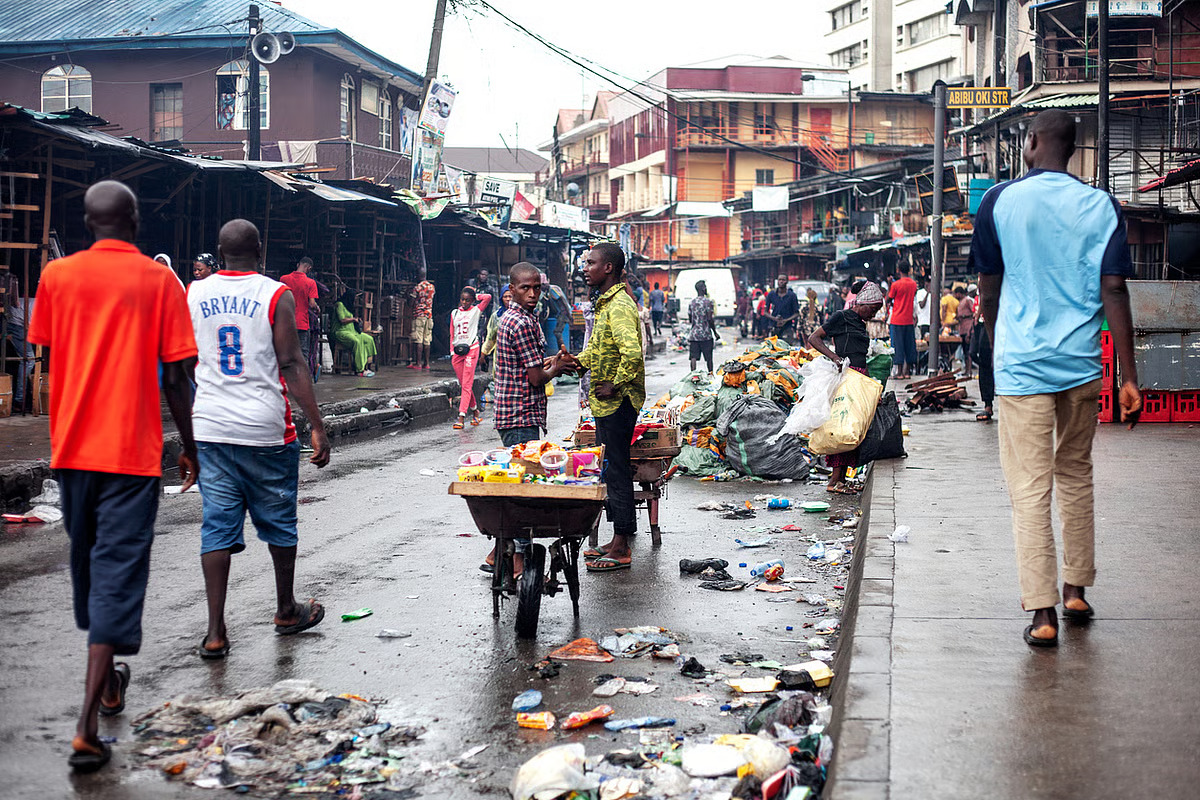- by Williams O.
- Jul 05, 2025
What Nigeria’s Middle Class Needs to Survive 2025

- By Williams O.
- • Wed, Jul 16 2025
- • in Solutions, Not Slogans
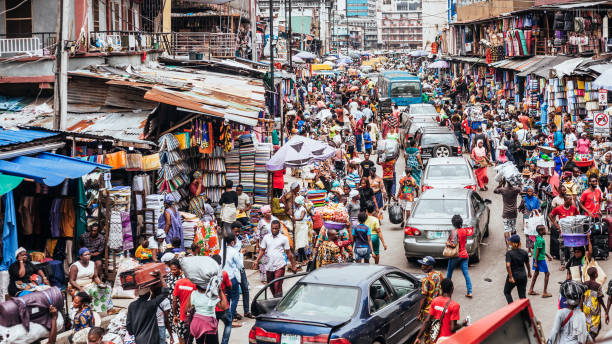
The middle class has always been the invisible engine of Nigeria’s economy, not flashy, not political, just hardworking people holding the system together, paying taxes, raising families, running small businesses, creating jobs, and keeping hope alive.
The average Nigerian is not lazy, they are just tired of surviving on empty promises.
Williams O. Omodunefe
But as 2025 unfolds, they’re stretched thinner than ever before.
Food prices have tripled. Rent is out of reach. Fuel is a luxury. Salaries are frozen.
They are earning in 2019 naira, but spending in 2025 inflation.
If Nigeria is to avoid a full collapse into a two-tiered society, the ultra-rich and the barely-surviving, the middle class must be protected.
Here’s what they need right now:
💼 1. Living Wages, Not Stagnant Salaries
Let’s start with the obvious: ₦50,000 to ₦150,000 salaries are no longer enough.
The average worker spends 40 to 60 percent of their income on transportation and electricity alone.
If someone spends more just getting to work than they earn from work, they are not employed, they’re enslaved.
The government and private sector must urgently review wage structures. Not just minimum wage, but living wages, salaries that actually support survival, dignity, and modest growth.
⚡ 2. Affordable and Reliable Electricity
The biggest killer of small businesses in 2024 wasn’t tax. It was light.
From frozen food sellers to fashion designers, thousands of MSMEs are shutting down quietly, because fuel is expensive and PHCN supply is erratic.
And those on Band A are getting 20+ hours of power, but at crippling prices.
Middle class entrepreneurs need:
Tiered tariffs based on business size
Inverter and solar support schemes
Community microgrids for clusters of SMEs
Without light, there is no production. Without production, there is no income.
🧾 3. Tax Reforms That Don’t Punish Hustle
Most middle-income earners are over-taxed and under-supported.
The big guys dodge taxes through loopholes, while regular salary earners and small business owners are bled dry with:
PAYE
Multiple levies
Harassment by task forces
Rent, light, and fuel all taxing them informally
There needs to be:
Simplified, single-point tax structures
Clear exemptions for struggling micro-businesses
Digital receipts, transparency, and limits to harassment
Let taxation be fair. Not predatory.
🧠 4. Access to Low-Interest Credit, Not Just Loans for the Elite
Right now, the banks lend to the rich.
The fintechs serve the youth.
The poor are left to borrow from friends.
And the middle class is stuck in the middle, with no access to affordable capital.
We need:
Microcredit platforms that target salaried workers and small businesses
Flexible repayment plans
Cooperative systems backed by policy, not fraud
A middle class that can’t borrow wisely can’t grow, can’t invest, and can’t survive downturns.
🏥 5. Health & Education That Doesn’t Devour Their Entire Salary
The average Nigerian family now pays out-of-pocket for every illness, even malaria.
School fees? Rising faster than anything else.
The middle class needs:
NHIS that actually works, with subsidized access for low-risk workers
Digital learning support for children in public or affordable private schools
Education loans that are simple and transparent, not buried in bureaucracy
🧘🏾 6. Dignity and Emotional Breathing Room
Beyond naira and kobo, people are burnt out.
They’re grieving lost plans. They’re shrinking their dreams. They are surviving, not living.
Sometimes, what the middle class needs most is:
A society that respects their effort
A government that listens without gaslighting
A break from constantly calculating survival
A soft place to land
“We don’t need pity. We need policies that understand we’re human.”
— Freelancer, Abuja
🔄 Final Thought: Protect the Buffer, Or the System Breaks
The middle class is not just another income group, they are the bridge.
Between the elite and the poor.
Between chaos and order.
Between despair and possibility.
When they vanish, crime rises, consumption crashes, and the whole economy goes silent.
So if Nigeria wants to grow, stabilize, and prosper, protecting the middle class is not charity. It’s strategy.
They don’t want handouts.
They just want to breathe.
